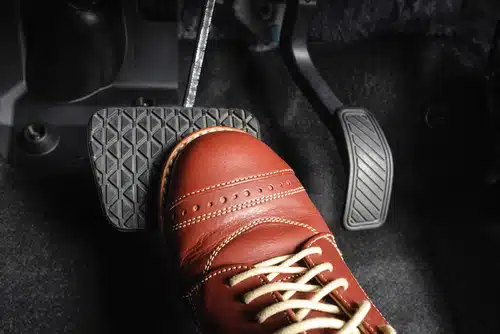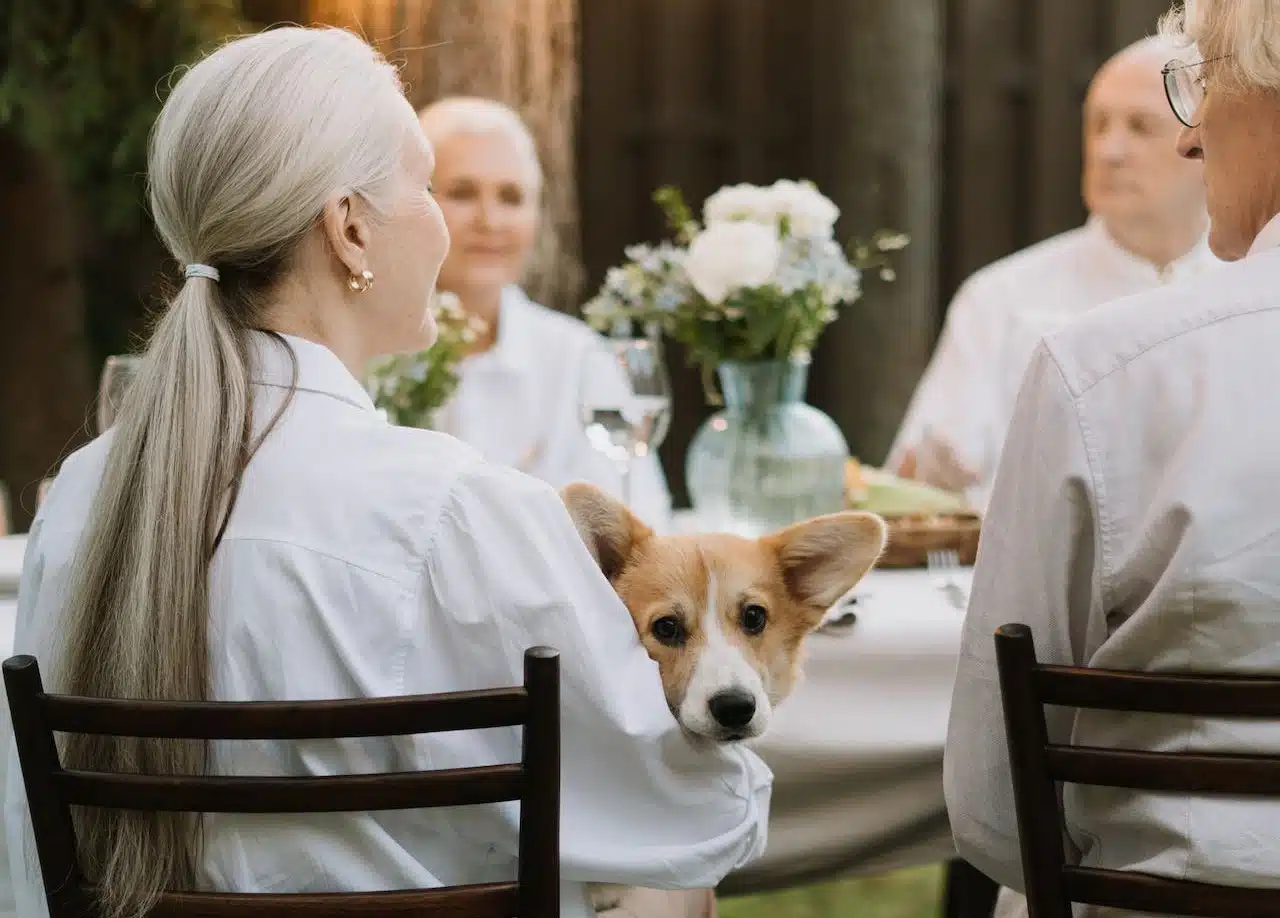Home » Blog » Pet » Pet Parenting Lifestyle » Stolen Dogs on The Rise Since Pandemic
Categories
Tags
animal welfare
breed profile
buying a car
buying a pet
Car
car accessories
car care
car features
car insurance
Car safety
car sales
car service
cat
cat behaviour
cat body language
Cat Breeds
cat food
cat insurance
comprehensive car insurance
Dog
Dog Behaviour
dog body language
Dog Breeds
dog food
Dog Insurance
dog training
eco friendly cars
Kitten
New Car
pet accessories
pet activities
Pet Adoption
pet breeders
pet days of the year
pet fun stuff
Pet Health
pet insurance
pet parenting
Pet Safety
pet services
Puppy
rescue pets
road safety
road trip
safe driving
Recent Blog:
Facebook Posts
1 day ago
Growing old sometimes means we can’t take care of pets anymore. Find out some advice on what to do when this happens:![]()
![]() Senior Pet Parents – Contingency Plans for Your Pet – bit.ly/44bzwkS
... See MoreSee Less
Senior Pet Parents – Contingency Plans for Your Pet – bit.ly/44bzwkS
... See MoreSee Less
Senior Pet Parents' Contingency Plans for Pets
www.pd.com.au
Sometimes senior pet parents need more downtime. For older pet owners, this can be tricky to navigate if their dog or cat is full of beans and wants to3 days ago
Before you rev up the engine, let’s run through a checklist of things to do before starting your car. Not only do these steps ensure your safety (and that of others around you), but they also help in maintaining your vehicle's longevity.![]()
![]() Driving Tips: Your Checklist Before Starting Your Car -
... See MoreSee Less
Driving Tips: Your Checklist Before Starting Your Car -
... See MoreSee Less
Driving Tips: Your Checklist Before Starting Your Car
www.pd.com.au
Heading out for a drive? Hold up a second! Whether you're dashing off to work, running errands, or embarking on a road trip adventure, there are a few1 week ago
Are intestinal worms setting up camp in your dog’s gut without paying rent? Here’s how to spot the main culprits and get rid of them too:![]()
![]() Preventing, Identifying and Treating Intestinal Worms in Dogs - bit.ly/43YjCKu
... See MoreSee Less
Preventing, Identifying and Treating Intestinal Worms in Dogs - bit.ly/43YjCKu
... See MoreSee Less
Preventing, Identifying and Treating Intestinal Worms in Dogs
www.pd.com.au
Intestinal worms, such as roundworms in dogs are one of the least glamorous topics on the planet. These intestinal parasites that basically use our dogsThe number of stolen dogs in Australia has at least doubled since the pandemic started. Pet theft once wasn’t such a major concern, but COVID’s had two knock-on effects:
- With the constantly changing levels of lockdown, people want a dependable friend more than ever.
- Lots of people have lost their job stability, leading to a high unemployment rate. This is forcing people to look for new avenues of survival.
These two facts have come crashing violently against one another, creating a new black market for stolen dogs. We’re not the only ones talking about it, it’s in the news around the world (more on this further down).
In this article, we’ll give you tips to avoid your dog being stolen and share more important info on the situation.
Stolen dogs and the law
Unfortunately, dog theft is seen as property theft (rather than family member theft!), which can mire the recovery process in legal steps that take time. It also means that for dog thieves the penalty might not be as high as it should be and the profit can outweigh the risk.
Because the stolen dogs are then sold on, often quickly and through online channels that are easy to hide behind, the exchange of hands can make recovery even more complicated.
What dogs get stolen?
Dogs that turn a profit tend to be purebred dogs or designer cross-breeds. Stolen dogs are either resold at exorbitant prices to reap the financial gains or when they match the breed standards, they’re kept as breeding dogs – often in puppy mills.
The situation is so rife that in some countries stolen dogs have gone missing from inside their homes. Other places include out on the street or even while their owner was walking their dog in the park.

Separation anxiety in stolen dogs
Dogs that are stolen are sometimes kept in appalling kennelling, in cages, and starved of attention before being sold. This can cause trauma and separation anxiety in pets, which may lead to lifelong behavioural problems.
Not to mention the emotional devastation experienced by their families.
Protect your dog from theft
- Don’t leave your dog alone – not even for a few minutes in the park
- Keep your dog on a leash when you’re out
- Microchip a dog as soon as you make them your pet
- Consider getting an anti-theft dog collar and leash
- Don’t leave pup tied up outside shops or other locations on their own
- Teach your dog to recall – your dog might not realise it’s being stolen, so recall gives you a chance to call them when they’re still in earshot
- Keep your garden gates locked and consider fitting an alarm to deter thieves
- Don’t leave your dog alone in the car
- Vet petsitters very carefully, as you should doggy daycares (read about choosing a puppy training school and kennels vs petsitters)
Read about protests against the Yulin dog meat festival (which leads to many stolen dogs each year).

How are dogs stolen?
Camera sightings of dog thieves show some work alone, while others work in teams. Dog theft syndicates comprising teams may include a handler who has experience with dogs. This means a team of dog thieves can manipulate dogs away from owners.
All it takes is a team member to distract the owner and the dog handler nabs the dog. Some footage shows opportunistic dog thieves snatching dogs while they’re playing in their own backyards.
This sounds outrageous, and we wish it was fake news but reports at home and abroad are saying otherwise.
Here are some incidents from the news (some with happy endings!):
- Warnings in Adelaide
- Brisbane dog stolen on camera
- Cavoodle thief caught on camera
- Sydney bulldog found
- Pet detective explains the spike in pet thefts
- Sydney dog theft, a threat to breeders
Vice Media speaks with dog theft syndicates
The pandemic has forced many working people below the breadline, tempting them into crime – perhaps for the first time. And for tried-and-true criminals who previously dealt in things like drugs or arms, stealing dogs and puppies is safer.
Vice Media has managed to track down some of these UK-based puppy gangs for exclusive interviews and footage. They speak to gang members, investigate how stolen pets are kept and interview police on what’s being done.
Please note this video contains strong language:
What to do if your pet is stolen
Want some tips on what to do if your doggo is stolen? There are several steps you can take, including telling your neighbours, friends and family, putting up posters around the community, posting about the incident online in local groups, telling police and media, and offering a reward for information and return.
Read our article: Someone stole my dog or cat: What do I do?

Other key takeaways
In addition to preventing dog theft through defensive measures, it’s morally important not to buy pets from potential pet thieves. Lest you push the demand/supply equation further into the red.
Of course, knowing who’s a thief and who isn’t can be hard to discern. Here are some resources to help identify ethical breeders:
- Purebred dogs. Proving a dog is purebred also means vetting the breeder
- Dog papers. Dog thieves don’t have legitimate dog papers
- Puppy mills. How to identify an ethical breeder
- Dog adoption. Supporting shelters means no dealings with sellers and helps give an animal a second chance
Dog insurance for added assurance
Dog insurance is for the unforeseen and the expected. That’s why our pet insurance includes cover for non-routine visits to the vet, accidental injury, new illnesses and prescription medicine for conditions that aren’t pre-existing.
Share On:




